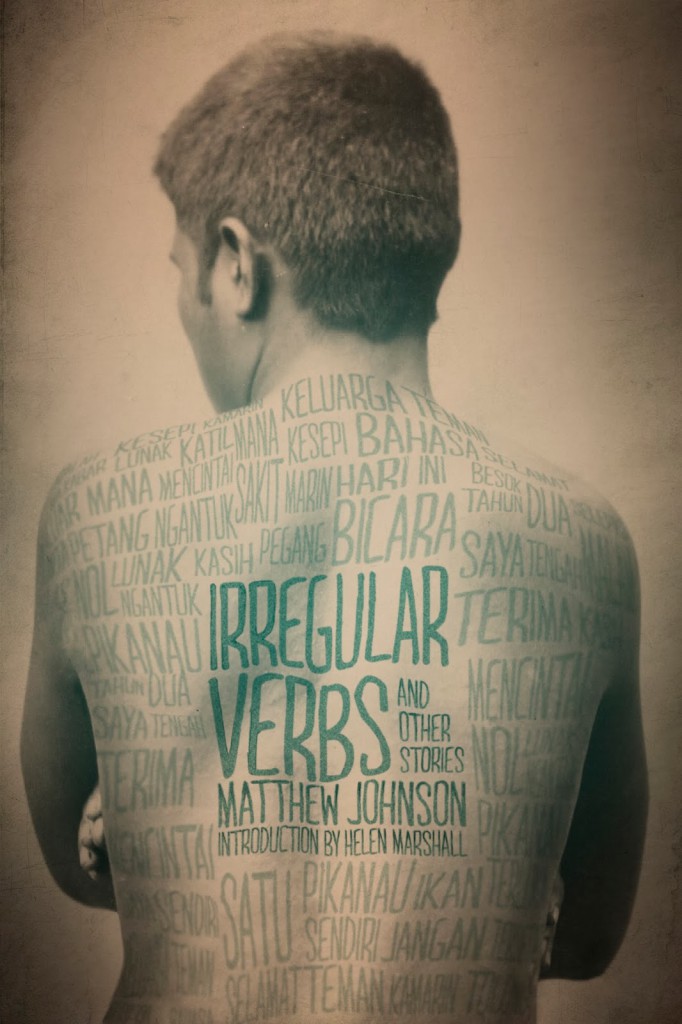Recently, two long-lost classic Doctor Who serials from the Patrick Troughton era were rediscovered: “The Enemy of the World” and “The Web of Fear,” both from the program’s fifth season. I recently found “The Web of Fear” on DVD for cheap. I was much more curious about this one than I was about “The Enemy of the World,” which doesn’t look all that interesting or enjoyable to me. I also find myself unwilling to watch Patrick Troughton wear “brown face” while portraying Salamander, the Doctor’s villainous Mexican doppelgänger. (I’ve seen the pictures. The makeup is actually pretty subtle, but still. No.) But I was interested in “The Web of Fear,” so I took the opportunity to purchase the DVD.
“The Web of Fear” is actually a sequel to a serial from earlier that same season, “The Abominable Snowmen.” In that one, the Doctor (Troughton), Jamie (Frazer Hines), and Victoria (Deborah Watling) help Professor Travers (played by Deborah Watling’s real-life father, Jack Watling) defeat the Great Intelligence and its menacing robot Yetis. “The Web of Fear” takes place a little more than 30 years afterward. Travers has accidentally reactivated a robot Yeti in Julius Silverstein’s (Frederick Schrecker) private museum. This summons the Great Intelligence once more, who makes more Yetis and invades London in no time. The Doctor, Jamie, and Victoria materialize in the London underground, join forces with the army, and try to stop the Great Intelligence and the Yetis before all of England is destroyed.
Fans of recent Doctor Who might remember the Great Intelligence as played by the voice of Ian McKellan in the 2012 Christmas special “The Snowmen,” and by Richard E. Grant in person in the 2013 episodes “The Bells of St. John” and “The Name of the Doctor.” It’s all supposed to be the same character as in the Troughton serials, but I don’t even want to talk about it because it just reminds me what a disappointing mess this last season was, and how much I dislike what Doctor Who has become. Please, God, let the Capaldi era be better!
But I digress. Now I’m going to let you in on my dirty little secret, the one that probably makes me a terrible Whovian: I generally don’t like any Doctor Who serials from before the Tom Baker era. I find them bloated, tedious, and even quite boring. Yes, that includes many of the Jon Pertwee serials. Sacrilege, I know. But I find most of the William Hartnell serials unwatchable, the Patrick Troughton serials too lumbering and padded (even though I adore Troughton himself), and the Pertwee serials too formulaic. “The Web of Fear,” at six episodes, is definitely padded in the middle, but by keeping the action to a single location — the abandoned, creepy tunnels of the London underground — it manages to be a much tighter story than most of what came out of those early years (I’m looking at you, “The War Games”!) In fact, the whole thing has a great black-and-white Universal horror film feel to it, or maybe early Hammer Quatermass.
There are some standout moments. There’s a great exchange in the first episode that strikes me as an iconic Doctor moment, one of the many times Troughton laid important groundwork for the role and shaped it for every actor who followed him. After the TARDIS lands in the darkness of the abandoned underground, the Doctor says, “Shall we go out and have a look?” Victoria asks, “Is it safe?” To which the Doctor replies as he heads for the TARDIS door, “Oh, I shouldn’t think so for a moment.” There are also a few good scares, including a chilling moment when Professor Travers is possessed by the Great Intelligence. The scenes with the deadly fungus filling the train tunnels and breaking through walls are great. There’s even a wonderful moment of late 1960s women’s lib when a soldier asks Ann Travers, the professor’s scientist daughter, “What’s a girl like you doing in a job like this?” She replies, “Well, when I was a little girl I thought I’d like to be a scientist, so I became a scientist.”
Unfortunately, early Doctor Who wasn’t always so great when it came to its female characters (some might say current Doctor Who isn’t, either), and even in 1968 old habits die hard. Ann, the same woman who gives that killer brush-off above, tells Victoria mere minutes later to go make tea for everyone to take her mind off her worries about the Doctor, who might have been blown up by explosives in the tunnels. Say what now? Victoria actually does very little in this serial except scream, whine, and get kidnapped. Also problematic: Julius Silverstein is presented as such a Jewish stereotype that it’s actually jarring to see something so blatantly anti-Semitic in this day and age. The majority of his screen time is spent haggling about money. Luckily (?) he’s killed off about ten minutes into the first episode. I also have some questions about the Yetis themselves, such as why robots would need to carry guns to shoot the webbing everywhere when they could just as easily have been built to shoot it out of their arms, or why they would be programmed to roar like monsters when they’d be much more efficient as stealth weapons, but sometimes you gotta just go with what you’re given.
The real historical value of “The Web of Fear” for us Whovians is that it is the proto-UNIT story. Brigadier Lethbridge-Stewart (Nicholas Courtney; just a Colonel here in his first appearance) and UNIT (which hasn’t been formed yet, but will exist by the time he shows up again in the next season’s Cybermen-invade-London story “The Invasion”) became an integral part of Doctor Who from that point onward, especially in the Pertwee era. It’s very cool to see Lethbridge-Stewart’s first appearance in “The Web of Fear,” even if it occurs in the one episode of the serial that wasn’t recovered.
Yes, episode three of “The Web of Fear” is still missing. On the DVD, it’s reconstructed with still photographs and a complete audio recording. It’s tedious to sit through, but worth it for Lethbridge-Stewart’s debut. The DVD’s picture and sound are remarkably good. I didn’t know what to expect, but the episodes are crisp and clear enough to convince me that they look and sound the same as they did when they first aired. My only complaint is the DVD’s lack of special features, apart from a trailer for “The Enemy of the World.” A documentary on the episode’s discovery, restoration, and the reconstruction of episode three would have been welcome. Some reminiscences by surviving cast members like Hines and Watling would have been great, too. But I suppose just getting to finally see “The Web of Fear” more than forty years after it first aired is its own kind of special feature.
I think fans of classic Doctor Who will really enjoy seeing “The Web of Fear.” It’s available on DVD and various streaming platforms. Check it out.



